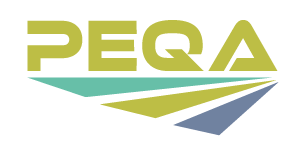What are some of the best, most effective ways of sharing information to promote the use of evidence-based practices? The answer to this question is: “it depends.” Before deciding how to communicate information, you have to know who is it for and how they are likely to use it. This is the key to knowledge translation. It’s about changing the message to match the person and purpose.
Knowledge Translation in Vocational Rehabilitation
The Center on Knowledge Translation for Employment Research (KTER Center) focuses on developing and testing knowledge translation (KT) strategies designed to help vocational rehabilitation (VR) agencies and businesses find, understand, and use research related to employing people with disabilities.
Workforce Innovation and Opportunity Act (WIOA) Strategies
The Center recently reviewed information sharing practices – or knowledge translation – in the context of the Workforce Innovation and Opportunity Act (WIOA). Two key researchers, Kathleen Murphy and Rebecca Gaines, led an interactive discussion about their Center’s study results related to:
- The central role of VR supervisors play in promoting evidence-based practice
- Transition-aged youth
- VR outreach to business
- Adults with Autism
Audience members offered feedback and made suggestions on these findings and on how best to share them with senior VR counselors. You can access presentation materials and watch the webcast through the links below:
PowerPoint: The Center on KT for Employment Research in the Context of WIOA
Webcast: The KTER Center in the Context of WIOA
This presentation was given at the RRTC-EBP VR’s Symposium on Evidence-Based Practices in Rehabilitation Counseling on May 19-20, 2016, at UW-Madison.

